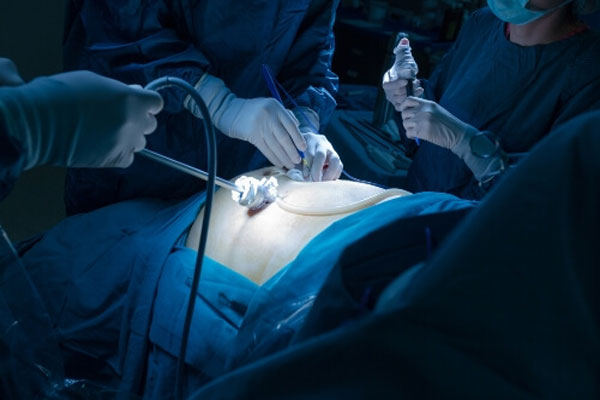-
For a FREE
Consultation -
Current wait:
10 seconds
*By clicking the Submit button, I consent to being contacted by Alexander Shunnarah Personal Injury Attorneys at the number I provided. I also consent to receiving advertisements and telemarketing messages by text message or pre-recorded call, either of which may be dialed by an autodialer. I acknowledge that my consent is not required for purchase, that standard message and data rates apply, and that clicking Submit constitutes my electronic signature for my consent to being contacted and my agreement to the Terms and Conditions.

Surgeons began using LPMs in the mid-1990s as an alternative to more invasive procedures used to remove uterine fibroids during either a myomectomy or a hysterectomy. An LPM procedure involves the use of a thin, lighted tube equipped with a camera called a laparoscope, and a power morcellator, which uses a small blade inside of a hollow cylinder to fragment and remove tissue through the tube.
On Nov. 24, 2014, the FDA updated its safety communication regarding the laparoscopic power morcellation procedure. The statement discourages the use of power morcellators due to an increased risk to women with uterine fibroids, and recommends that a new boxed warning be included in all product labeling to inform health care providers and patients that “Uterine tissue may contain unsuspected cancer. The use of laparoscopic power morcellators during fibroid surgery may spread cancer and decrease the long-term survival of patients. This information should be shared with patients when considering surgery with the use of these devices.”
The safety alert also includes two contraindications—or situations in which the LPM procedure should not be used—that comprises the majority of women undergoing surgery for uterine fibroids.
A special report released by the American College of Obstetricians and Gynecologists (ACOG) in May 2014 estimates that, of the approximately 600,000 hysterectomies done in the U.S. each year:
It adds that “the most common indication for hysterectomy is uterine leiomyomas [uterine fibroids], accounting for an estimated 40% of hysterectomies.”
Alexander Shunnarah Injury Lawyers is reviewing potential lawsuits involving women who received a cancer diagnosis after gynecological surgery that involved the use of Laparoscopic Power Morcellation.














Learn More Through
Our Social Media
Call mE
Alabama Athens Atlanta Bedford Birmingham Boston Buffalo Dallas Gulfport Georgia Houston Huntsville Little Rock Memphis Milwaukee Mobile Montgomery Nashville New Orleans Panama Pensacola Prattville Selma Tallahassee Indiana Washington DC